What are the Symptoms of COVID-19?
The symptoms of confirmed COVID-19 can range from mild to severe. Some people who are infected don’t have any symptoms and don’t feel sick. Most people have mild symptoms.
Fever greater than100.4 F
New or worsening cough
Shortness of breath or difficulty breathing
Other less common symptoms may include:
Tiredness.
Body or muscle aches.
Headache.
Nausea, vomiting, or diarrhea.
Sore throat.
Runny or stuffy nose.
If you feel that you are seriously ill, please seek immediate medical care from a healthcare professional.
Signs of a serious medical condition include, but are not limited to: severe shortness of breath or difficulty breathing, coughing up blood, chest pain, irregular heartbeat, persistent vomiting or diarrhea.
How is COVID-19 Treated?
There is currently no treatment for COVID-19. Not all patients with COVID-19 will require medical attention, and most people recover within 2 weeks without any specific treatment. For severe cases, hospitalization and respiratory support may be required. Treatment for mild cases currently focuses on managing symptoms.
Who is at high risk of getting very sick?
Most people have mild symptoms. Severe cases are more likely to occur in older adults (above 65 years of age), as well as pregnant women, those with weakened immune systems, and those with underlying health issues (such as lung disease, diabetes, obesity, high blood pressure, heart conditions, stroke, kidney disease, liver disease, cancer, transplant, AIDS, lupus, and rheumatoid arthritis). However, serious disease can also occur in younger adults.
How can I protect myself from getting COVID-19?
There are currently no vaccines for COVID-19. The best way to protect yourself is to avoid
situations in which you may be exposed to the virus. Everyday actions can help protect you and
prevent the spread of respiratory diseases such as COVID-19.
Avoid close contact with people who are sick.
Restrict any activities outside your home and maintain a safe distance (around 6 feet)
between yourself and other people if COVID-19 is spreading in your community. This
includes avoiding crowded areas, shopping malls, religious gatherings, public
transportation, etc.
Wear simple cloth face coverings in public settings (like grocery stores and pharmacies)
where social distancing is difficult, especially in areas where COVID-19 is spreading.
Stay home when you are sick, unless you are seeking medical care.
Clean and disinfect frequently touched objects and surfaces (including tables, doorknobs, light switches, countertops, handles, desks, phones, keyboards, toilets, faucets, and sinks).
Wash your hands often with soap and water for at least 20 seconds.
Use an alcohol-based hand sanitizer with at least 60% alcohol if soap and water aren’t available. Always wash hands with soap and water if your hands are visibly dirty.
Avoid touching your eyes, nose, and mouth with unwashed hands.
What can I do to prevent spreading COVID-19?
If you believe you may have COVID-19 or test positive for COVID-19 and have mild symptoms, the
following steps can help prevent the disease from spreading to others:
● Stay home
﹣ Stay in a specific room and away from other people in your home
﹣ Restrict any activities outside your home, except for getting medical care
﹣ Avoid public areas, including work and school
﹣ Avoid using public transportation, ride-sharing, or taxis
● Cover your nose and mouth
﹣ If you are sick, wear a facemask when you are around other people or pets
﹣ Cover your mouth and nose with a tissue when you cough or sneeze, and throw
away used tissues
● Wash hands
﹣ Wash your hands often with soap and water for at least 20 seconds
﹣ Wash your hands especially after blowing your nose, coughing, sneezing, going to
the bathroom, or before eating or preparing food
﹣ If soap and water are not available, use an alcohol-based hand sanitizer that
contains at least 60% alcohol
﹣ Avoid touching your eyes, nose, mouth, and other people with unwashed hands
● Do not share
﹣ Do not share dishes, cups, eating utensils, towels, or bedding with other people or
pets
﹣ After using personal items, they should be washed thoroughly with soap and water
● Clean and disinfect
﹣ Clean high touch surfaces such as counters, tabletops, doorknobs, bathroom
fixtures, toilets, phones, keyboards, tablets, and bedside tables
﹣ Clean any surfaces that may come in contact with body fluids, blood, or stool
﹣ Use a household cleaning spray or wipes
﹣ Immediately remove and wash clothes or bedding that have body fluids, blood, or
stool on them

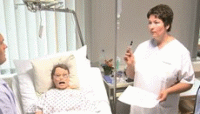
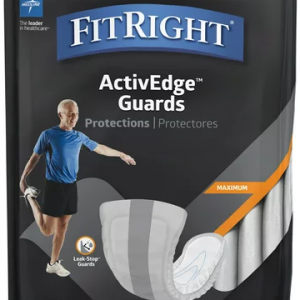
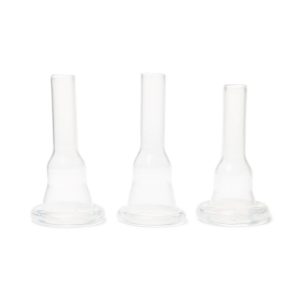
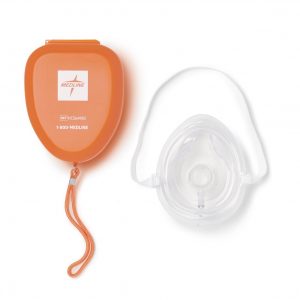
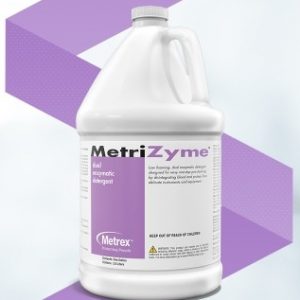

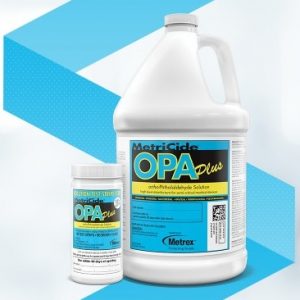
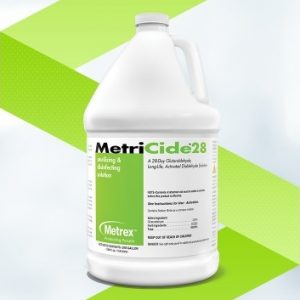
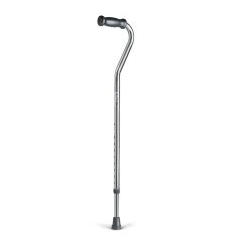
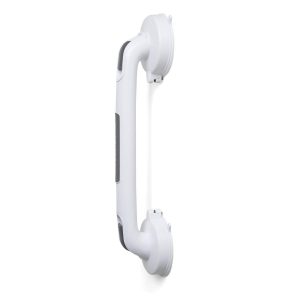
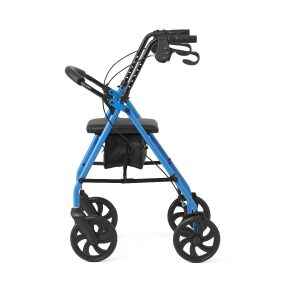
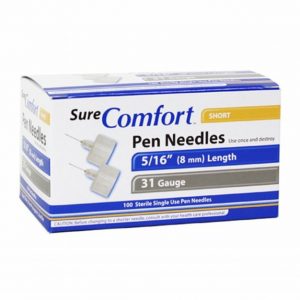
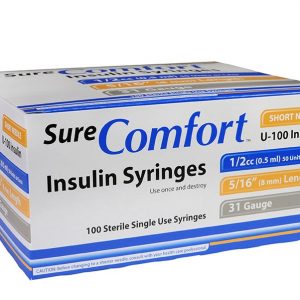
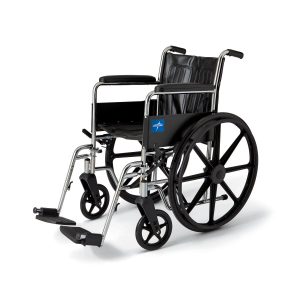
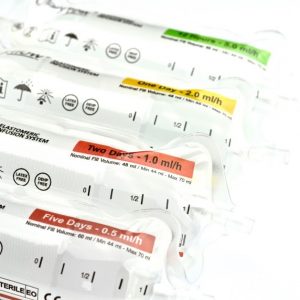
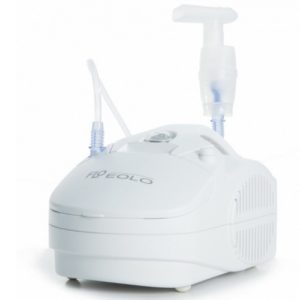
Sorry, the comment form is closed at this time.